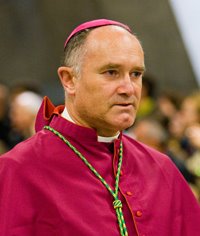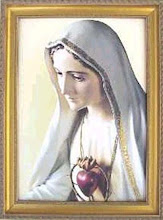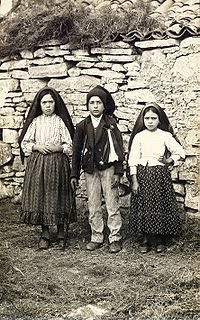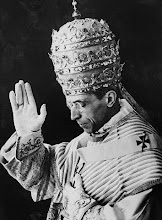By Diogenes
Canadian collector of kiddie-porn and retired Bishop of Antigonish Raymond Lahey has another court date today. This is Chapter Four of … twenty? … twenty-five? in Lahey's serialized tumbling act of painful legal slapstick. Before the jester takes the stage the media bring the audience up to date by reviewing the earlier episodes:
Court documents say border officials flagged Lahey because he was a man travelling alone and his passport showed several trips to Southeast Asia, Germany, Spain and other areas known for child pornography. The documents also say Lahey's evasive answers and shifty eyes piqued their interest.
One warrant said Lahey told Ottawa police he "had no time for child exploitation, no time for child pornography." He is alleged to have told one officer he is attracted to young men, aged 20 or 21, and that he had never done anything abusive to a child and would "never have any sexual interest in a person under 18."
Never? Well … hardly ever.
Archbishop James Weisgerber, President of the Canadian Conference of Catholic Bishops, has complained that Lahey is being unfairly tried "in the court of public opinion." Yet most Catholics are amply distressed by what Lahey has already conceded. Police warrants say Lahey's confiscated laptop had stored photos of young males, including some underage males, engaged in sex acts; those accusations remain to be proven. But suppose the models in the pornographic images had attained the age of legal majority, or suppose that the images were not photos but realistic paintings or computer simulations? In such case the court might regard Lahey's vice as "victimless" and judge him innocent of any wrongdoing. Would Lahey be thereby vindicated? Would Weisgerber urge that he be restored to his bishopric?
Well, one's answer to the question will hinge on whether one gauges the Catholic Church right or wrong in teaching that homosexual propensities are "intrinsically disordered" (Catechism 2358).
Flash back to 2005. The Holy See had just issued the Doomsday Doc, the instruction forbidding priestly ordination of men with deep-seated homosexual tendencies -- like a sexual attraction to males aged 20 or 21, for instance. Archbishop Weisgerber was quick out of the blocks in spinning the document against itself:
Archbishop James Weisgerber of Winnipeg, Manitoba … said the focus of the document was "narrow, perhaps too narrow. If a heterosexual presented himself with the same questions, we would look askance." He said all seminarians must live chastely and must demonstrate maturity regarding their sexual identity and their ability to control sexual impulses.
But Archbishop, you're dodging the very point at issue. Does the Catechism have it right that the homosexual orientation points in and of itself -- in a way that heterosexuality does not -- to some damage in need of remedy? Or is the Church flat out mistaken? A lot of very important decisions, in the civil sphere as well as the ecclesiastical, depend on whether one regards a man's attraction to a man as wholesome or not.
Archbishop Weisgerber said he was pleased that the Vatican makes clear that the church is not questioning the priesthood of homosexual men who already have been ordained. He said he hopes it is clear that "the church is not saying you should not have been ordained."
"So many members of the clergy, like men in the culture at large, are struggling with this," he said.
Weisgerber was here disingenuously trading on the equivocal phrase "questioning the priesthood" to suggest that, because a priest's orders aren't invalid in virtue of his homosexuality, the Church regards his propensities as congruent with spiritual paternity -- which she doesn't. Well, let's examine Bishop Raymond Lahey as our test case of affective maturity. Taking him at his word that he would never have a sexual interest in a person under 18, assuming the impounded images to be guiltless in the eyes of the law, is he fit to be a priest, fit to be a bishop, fit to have charge of a diocese and the care of souls the attends it?
The odd and oblique episcopal reactions to the Holy See's instruction are eerily similar to the odd and oblique episcopal reactions to Lahey's arrest. The sex abuse crisis taught bishops to name victims where victims could be found, but they seem unable to grasp the reflexive harm of deviant appetites on the man who owns them. Can we trust our pastors to put the right men in the right positions if we can't trust them to recognize defective maturity in the first place?
Concomitant with the issuance of the Doomsday Doc in 2005 was a letter to the bishops from the Congregation for Catholic Education that gave some additional muscle to the Instruction by insisting that homosexual men "are not to be appointed as rectors or educators in seminaries." So who was charged with carrying out this mandate?: the Weisgerbers and Laheys and Lynches and others who are unwilling or unable to give us a straight answer as to where they stand on the Intrinsic Disorder.
Feel better now?










No comments:
Post a Comment